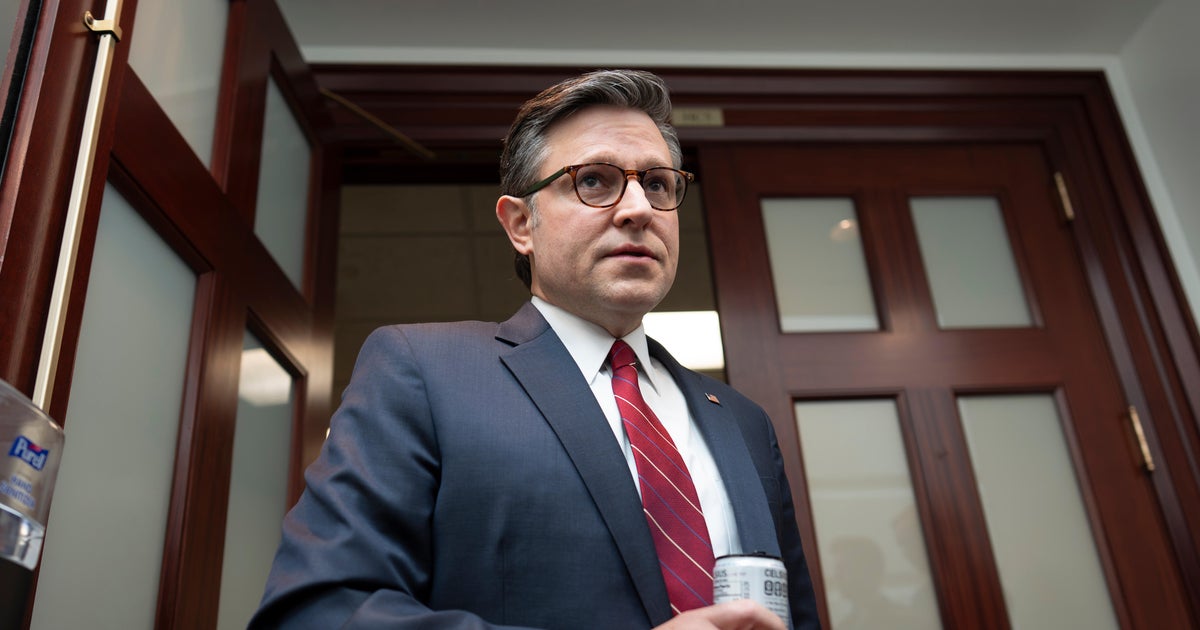
Israel attacked Tehran early Friday and killed many of the country’s top military leaders and scientists. The United States said it was not involved in the strikes.
The Israeli military launched a wave of airstrikes inside Iran on Friday, attacking dozens of targets, including nuclear sites, and wiping out much of the country’s military chain of command along with several nuclear scientists.
The strikes marked a dramatic escalation in the long-running conflict between two of the most powerful militaries in the Middle East. Iran called the attack “an act of war” and said it would retaliate.
What happened in Iran?
Israel attacked at least six military bases, residential homes at two highly secured complexes for military commanders and multiple residential buildings around the capital, Tehran, according to four senior Iranian officials. The Israeli military has indicated that the attacks will continue.
Iran’s state media showed blasts across Tehran, with smoke and fire billowing from buildings. Airlines quickly cleared civilian flights from the skies over swaths of the Middle East. State television broadcasts showed damaged apartment buildings, with debris scattered in the streets.
Explosions were also reported in the Iranian cities of Isfahan, Arak and Kermanshah, at military and industrial complexes.
Israel’s strikes targeted some of Iran’s most important nuclear facilities, including Natanz, its main uranium enrichment facility. Social media footage verified by The Times shows flames and thick black smoke billowing from Natanz, shortly after a series of explosions was reported at around 4:18 a.m. local time.

The strikes “significantly degraded” the enrichment facility, according to the chief Israeli military spokesman, Brig. Gen. Effie Defrin. It is still too early to know how much damage Israel did. The Natanz facility is not deeply buried, but the centrifuge halls that are used to enrich uranium are 50 yards or more beneath the desert, and covered by highly reinforced concrete.
Iran’s best-protected nuclear site, Fordo, near the city of Qom, is deep inside a mountain, estimated to be about half a mile below ground to protect it from bombing. Israel did not appear to have attacked it.
To do so would require repeated use of huge “bunker buster” bombs, and most experts think that cannot be done by Israel alone, without American help.
“If you don’t get Fordo,” said Brett McGurk, who has served as Middle East coordinator for several American presidents of both parties, “you haven’t eliminated their ability to produce weapons-grade material.”
Who was killed in the attack?
Iran’s state media reported that Israel killed at least three of the country’s top generals and two nuclear scientists.
They were identified as Maj. Gen. Mohammad Bagheri, the powerful chief of staff of Iran’s armed forces; Gen. Hossein Salami, commander in chief of Iran’s Revolutionary Guards; and Gen. Gholamali Rashid, the deputy commander of Iran’s armed forces, according to Iranian media reports.
The Israeli military also said it had killed the head of the airspace unit of the Islamic Revolutionary Guards Corps, Gen. Amir Ali Hajizadeh, along with two other senior commanders in the unit.There was no immediate comment from Iran regarding that claim.
Ali Shamkhani, an influential Iranian politician overseeing the nuclear talks with the United States, was among those killed on Friday, according to three senior officials and Iranian media reports. Two prominent nuclear scientists, Mohammad Mehdi Tehranji and Fereydoun Abbasi, were also killed when Israel attacked their homes.
For years, Israel targeted Iran’s senior military leadership and many of its top nuclear scientists with individual assassinations. Iran’s supreme leader, Ayatollah Ali Khamenei, moved swiftly on Friday to replace the slain military leaders in an apparent bid to project stability and prevent a power vacuum.
The Iranian news agency Fars, which is affiliated with the Revolutionary Guards, reported that at least 78 people had been killed and 329 others injured in the Israeli attacks on Friday. The agency said the figures were unofficial.
Why did Israel attack Iran?
Israeli officials said the strike was “pre-emptive,” though there was no immediate indication that Iran was planning to attack. In a statement, the Israeli military said it acted “in response to the Iranian regime’s ongoing aggression against Israel” and suggested there would be more to come, calling its attack “the first stage.”
An Israeli military official, who briefed reporters on condition of anonymity to comply with protocol, said the strikes had targeted elements of Iran’s nuclear program and the regime’s long-range missile capabilities.
He said that Iran has been advancing a secret program to assemble a nuclear weapon, according to Israeli intelligence, and that it has enough material to assemble 15 nuclear bombs within days. The official did not provide details to support the assessment.
Israel’s prime minister, Benjamin Netanyahu, called Iran’s nuclear program “a clear and present danger to Israel’s very survival” in a video statement.
How did Iran respond to the attack?
Iran’s supreme leader, Ayatollah Ali Khamenei, said in a statement that Israel “should anticipate a harsh punishment.”
In a letter to the U.N. Security Council, Iran’s foreign minister, Abbas Araghchi, described the Israeli attacks as a “declaration of war” and said Iran would “respond decisively and proportionally.”
On Friday morning, the Israeli military said that Iran had sent about 100 drones toward Israel and said it had begun intercepting the drones outside of Israeli territory.
How did the United States respond?
Secretary of State Marco Rubio said in a statement that the United States was “not involved in strikes against Iran.”
Mr. Rubio warned Iran against any form of retaliation aimed at the U.S. forces in the region: “Let me be clear: Iran should not target U.S. interests or personnel.”
Iran’s Foreign Ministry, however, said on Friday the attack could not have happened without “coordination and authorization” from the United States. The ministry warned that the United States would also be responsible for the consequences.
The Israeli strike followed months of disagreement between President Trump and Mr. Netanyahu over how to handle Iran. Mr. Trump had discouraged Israel from attacking Iran while U.S.-Iran nuclear talks were ongoing.
President Trump, in his first public comments on the Israeli strike against Iran, said that Tehran had brought the destruction on itself by failing to accept an offer that the United States put on the table about two weeks ago in nuclear talks. The proposal would have eventually forced Iran to give up all uranium enrichment.
“I gave Iran chance after chance to make a deal,” he wrote on Truth Social, his social media platform, on Friday morning. “I told them, in the strongest of words, to ‘just do it,’ but no matter how hard they tried, no matter how close they got, they just couldn’t get it done.”
American and Iranian negotiators had been planning to meet on Sunday in Oman for a sixth round of talks about Iran’s nuclear program. But on Friday after the attack, Iran announced on state television that it would not participate in the talks on Sunday, and until further notice.
Steven Erlanger, David E. Sanger, Francesca Regalado Isabel Kershner and Patrick Kingsley contributed reporting.










-3.png)



